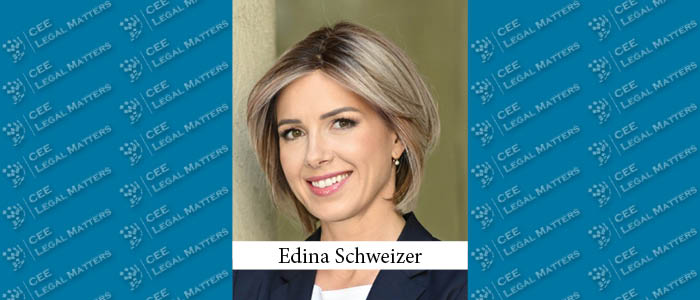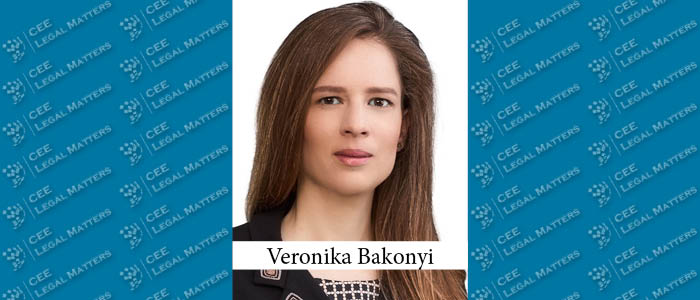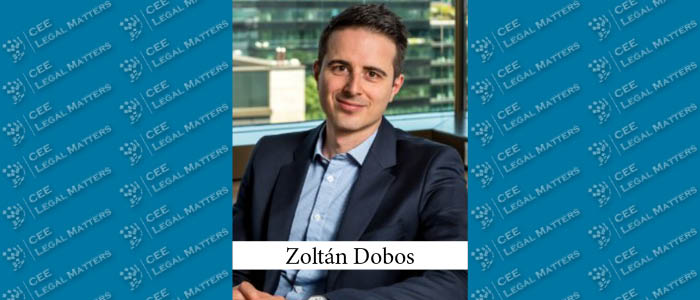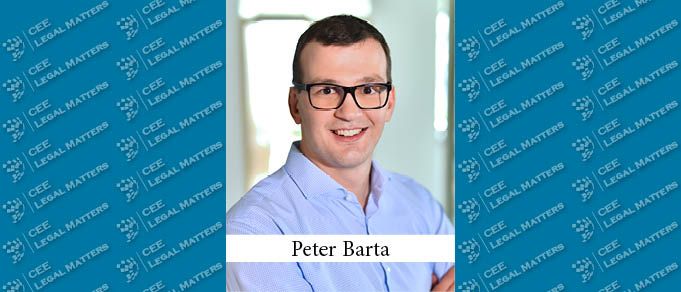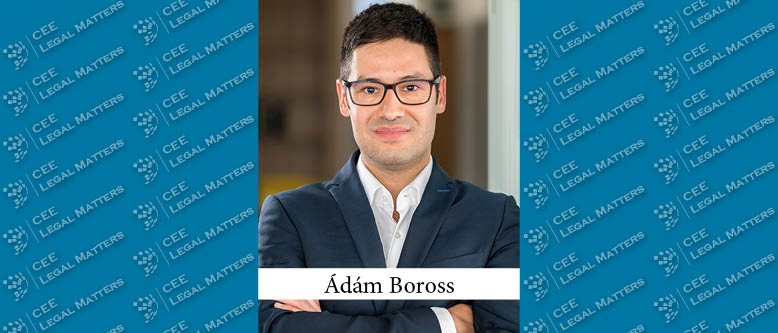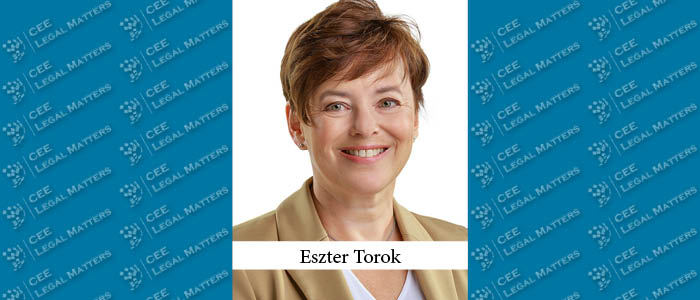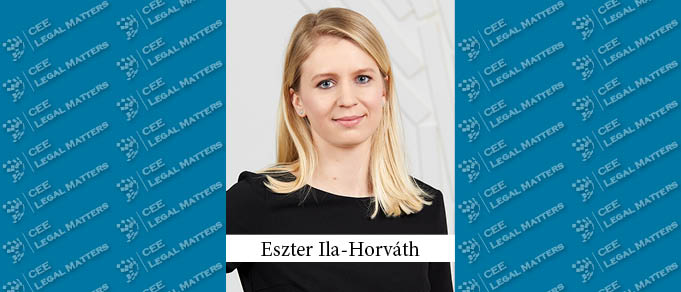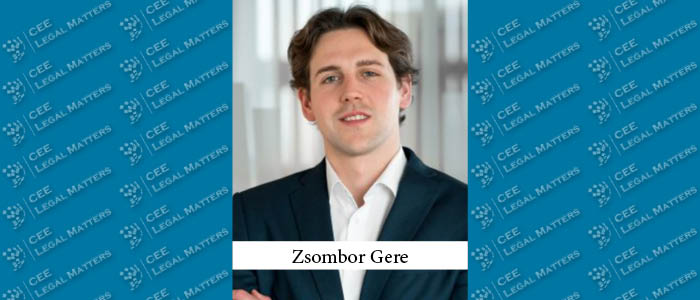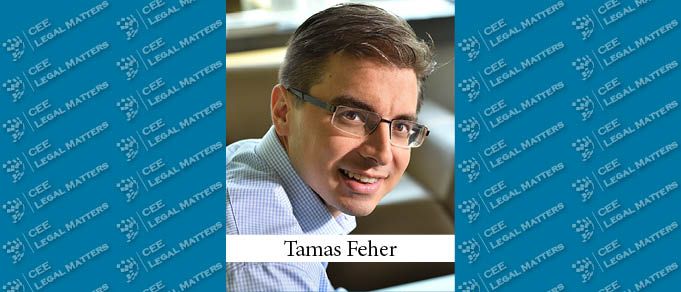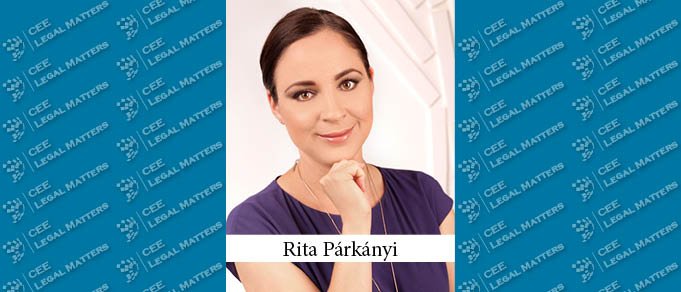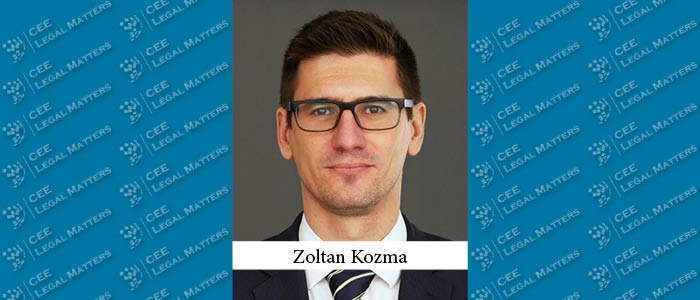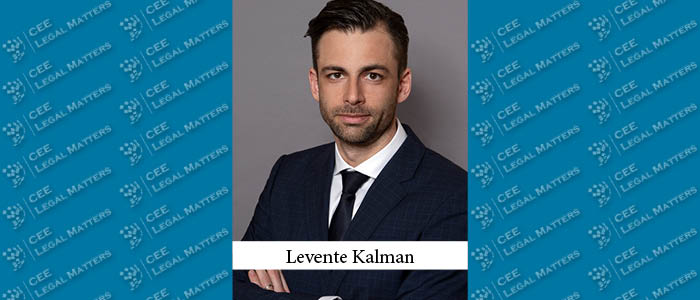Former Noerr Partner Edina Schweizer has joined Dentons as Partner and Head of the Hungarian Banking and Finance team. Barbara Vighne Herczegfalvi also joined as an Associate.
Kinstellar Advises MOL on EUR 1.3 Billion Polyol Project in Hungary
Kinstellar has advised the MOL Group on its EUR 1.3 billion new polyol complex in Tiszaujvaros, Hungary.
Veronika Bakonyi Joins Lakatos, Koves and Partners
Former Gardos Mosonyi Tomori Partner Veronika Bakonyi has joined Lakatos Koves and Partners' Banking Finance and Capital Markets team as an Attorney at Law.
Checking In: Implementing Whistleblowing Regulations in CEE
For our Checking In feature, we reach out to partners and heads of practice across CEE to learn how specific practice areas are faring in their jurisdictions. For this piece, we asked firm Labor experts: Have whistleblowing regulations been implemented in your jurisdiction and would you advise companies to use an external solution or an in-house one? Why?
Noerr Hungary Changes Course To Go Solo
Despite the original plan to transfer to Kinstellar, the Noerr Budapest office will continue as an independent firm from June 1, 2024.
The Supreme Court Has Ruled: Losers Must Pay!
In a previous article, we analyzed the phenomenon where courts typically reduce the attorney fees awarded to the winning party. This essentially forces the winner to incur unjustified losses, indirectly causing market distortion. Now, the Supreme Court has responded to this phenomenon with a precedent-setting, binding decision. Let's first look at the key developments and then how this affects litigation strategy!
The Hidden Pitfalls of Transfer Pricing
In the audit practice of the Hungarian Tax and Customs Administration (HTA), the audit of transfer pricing is gaining importance. Moreover, the relevant regulations are becoming more complex with each passing year. As the deadlines for transfer pricing documentation approach, it is worth reviewing what hidden pitfalls should be avoided when preparing documentation and providing data.
Cryptocurrency Investments: What Should I Call You?
The decision of the U.S. Securities and Exchange Commission (SEC) on January 10 has stirred significant attention, as it granted approval for the listing of certain products based on Bitcoin on the stock exchange. The impact of this decision on the European and American securities markets, and whether similar steps will be taken, depends largely on the details – including the names assigned to cryptocurrency-based products.
Member State Authorities Cannot Withdraw Residence Permits Without Giving Reasons Even If the Reason is “TOP SECRET”
The Court of Justice of the European Union has decided in two cases concerning Hungary in its judgments in joined cases C-420/22 and C-528/22, published on 25 April 2024.
Fair Winds Before Elections in Hungary: A Buzz Interview with Eszter Torok of CMS
From a significant downturn in project financing to promising developments in green energy, particularly wind, CMS Partner Eszter Torok shares valuable insights into the complexities of the Hungarian market against the backdrop of shifting economic and regulatory landscapes.
Modification of the Provisions on Guest workers: They Are Not Allowed to Work in the Public Sector
A new decree entered into force on 9 April 2024 on the ban of employment of guest workers in the public sector in Hungary.
Community Financing – Dying Opportunity or the Future of Fundraising?
One of the measurable success stories of the fintech revolution is how donation and subscription-based community financing has become an alternative to traditional fundraising methods such as classical bank financing or venture capital investments. From this rapid development, it follows that there is a less uniform picture in the public consciousness about the phenomenon of "crowdfunding." How many forms are there? Which ones are regulated? Who are the actors in the process? What regulations apply to it? How are they taxed? Among many clarifications to be made, the main question, however, is whether specialized crowdfunding service providers for this purpose will emerge in Hungary as well.
Schoenherr Advises Fiberhome on Hungarian Business Setup and Industrial Site Acquisition
Schoenherr has advised Chengdu Datang Communication Cable on the establishment of its Hungarian subsidiary, Zettanet Kft., and the acquisition of a 25,000-square-meter industrial site in Kisber from Sumitomo Electric Wiring Systems Limited. Sole practitioner Zsolt Fuesthy advised the sellers.
ECJ Lends a Helping Hand to Non-Established Persons Seeking VAT Refund
According to the decision of the Court of Justice of the European Union of 16 May 2024 (C-746/22), the Hungarian rule that does not allow foreign taxpayers in VAT refund cases to submit their documents even in the appeal procedure is contrary to EU law. We have summarised the key lessons learned from the case which was handled by our office.
The Hungarian Act on Crypto Assets is Published
EU legislation on crypto-assets is based on the EU Regulation on Markets in Crypto Assets (as known as MiCA), which is directly applicable in the Member States, including Hungary.
Zoltan Kozma Appointed Head of Intellectual Property & Technology Group at DLA Piper Hungary
Local Partner Zoltan Kozma has been appointed the new Head of the Intellectual Property & Technology group at DLA Piper in Hungary.
Keep Your Guard Up: Transforming European Defense Sectors
Across Europe, defense sectors are experiencing significant transformations and budgetary escalations, driven by a need for enhanced military readiness and modernization. Avellum Partner Andriy Romanchuk, Cobalt Partner Deividas Soloveicik, Nagy es Trocsanyi Partner Gyorgy Kiszely, and Tuca Zbarcea & Asociatii Partner Serban Paslaru take a closer look at defense spending in their respective countries.
Hungary: New Land Registration Procedure
Based on our experience and feedback from our clients, Hungary’s real estate law has already provided a very favorable legal environment for secure real estate investments. In the integrated land registration system, introduced in 1971, based on a cadastral map, real estate transactions are administered by one single decentralized organization comprising 20 regional and 119 district land offices.

